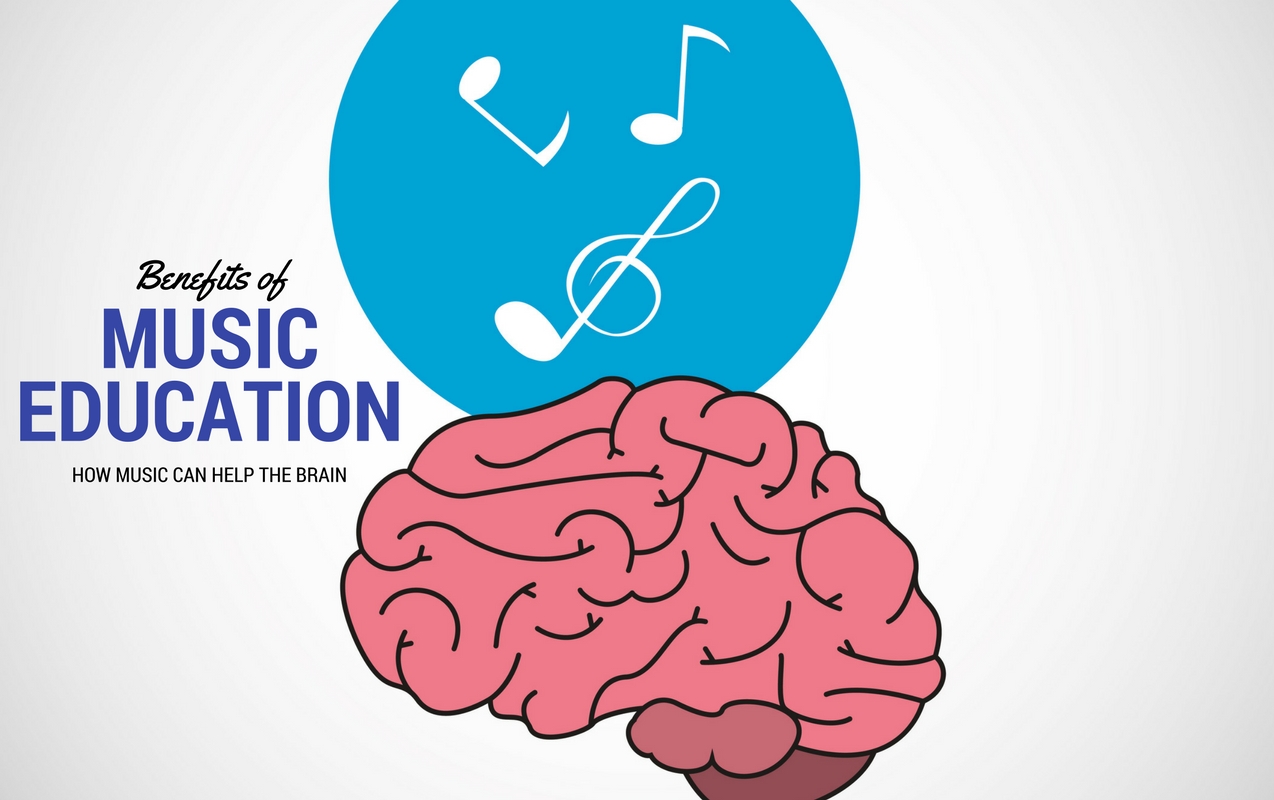The Benefits of Music Education: Unlocking the Power of Melody
Welcome to our comprehensive guide on the benefits of music education. In this article, we will delve into the numerous advantages that music education offers, exploring its impact on cognitive development, emotional well-being, and social skills. Join us as we uncover the transformative power of melody and rhythm!
Enhancing Cognitive Abilities
Research has consistently shown that music education plays a pivotal role in enhancing cognitive abilities. When students engage in music, their brains are stimulated in unique ways, leading to improvements in various areas, including:
Language Skills: Learning music helps develop phonological awareness, which is crucial for language acquisition and reading proficiency.
Mathematical Skills: The rhythmic patterns and structures in music provide a solid foundation for understanding mathematical concepts such as patterns, ratios, and proportions.
Memory: Music education strengthens memory skills by requiring students to memorize and recall musical pieces, which can also have a positive impact on academic performance.
Fostering Emotional Well-being
Music has the power to evoke emotions and tap into our deepest feelings. Music education offers a unique platform for emotional expression and development. Here are some ways in which music education fosters emotional well-being:
Stress Relief: Playing or listening to music can reduce stress, providing a therapeutic outlet for emotional release.
Self-Expression: Music allows individuals to express their emotions, experiences, and thoughts in a non-verbal manner, promoting self-discovery and self-awareness.
Empathy and Compassion: Through music, students can develop empathy and compassion as they explore different musical styles and cultures, fostering a sense of understanding and appreciation for diversity.
Developing Social Skills
Music education is a collaborative endeavor that encourages teamwork, communication, and cooperation. By participating in group performances or ensemble playing, students develop essential social skills that can benefit them throughout their lives:
Teamwork: Playing in a band or orchestra requires students to work together towards a common goal, teaching them the value of collaboration and cooperation.
Communication: Music education provides a platform for non-verbal communication, teaching students to listen, interpret, and respond to musical cues from fellow musicians.
Leadership: Within a musical ensemble, students have the opportunity to take on leadership roles, developing their ability to guide and inspire others.

Music education offers a myriad of benefits that extend far beyond the realms of melody and rhythm. From enhancing cognitive abilities to fostering emotional well-being and developing social skills, the power of music education is undeniable. By embracing music in education, we unlock the potential for holistic growth and transformation in students. Let us celebrate the beauty and significance of music education, ensuring its rightful place in our educational systems.
Frequently Asked Questions about the Benefits of Music Education
1. Why is music education important?
Music education is important because it enhances cognitive skills, improves academic performance, fosters creativity, and promotes emotional well-being.
2. How does music education enhance cognitive skills?
Music education improves cognitive skills by stimulating the brain, enhancing memory and attention, and developing problem-solving abilities.
3. Can music education improve academic performance?
Yes, studies have shown that students involved in music education tend to perform better in subjects like math, science, and language arts.
4. Does music education foster creativity?
Absolutely! Music education encourages students to think creatively, express themselves, and explore their imagination through various musical activities.
5. How does music education promote emotional well-being?
Music education helps individuals develop emotional intelligence, express their feelings, reduce stress, and increase overall happiness and well-being.
6. Can music education improve social skills?
Yes, participating in music education programs allows students to collaborate with others, develop teamwork skills, and build strong social connections.
7. Does music education have any impact on discipline and time management?
Yes, learning music requires discipline, practice, and time management. Students involved in music education often develop these important life skills.
8. Can music education boost self-confidence?
Definitely! Through performing, practicing, and receiving feedback, music education helps individuals build self-confidence and improve their self-esteem.
9. How does music education contribute to cultural appreciation?
Music education exposes students to a wide range of musical genres and cultures, fostering an appreciation for diversity and promoting cultural understanding.
10. Are there any long-term benefits of music education?
Yes, music education can lead to long-term benefits such as improved communication skills, higher academic achievement, and increased career opportunities in the music industry.




